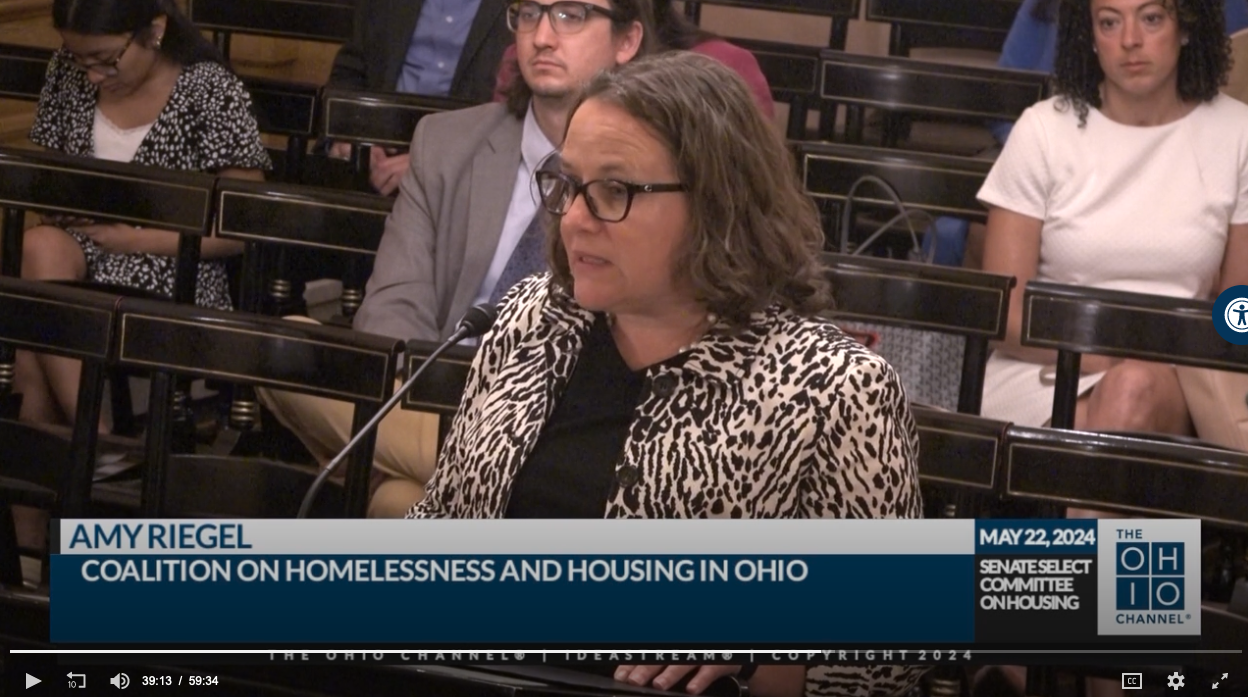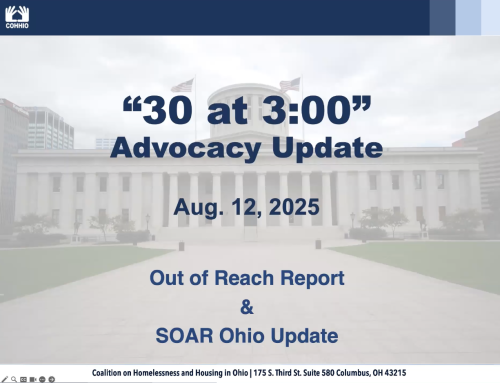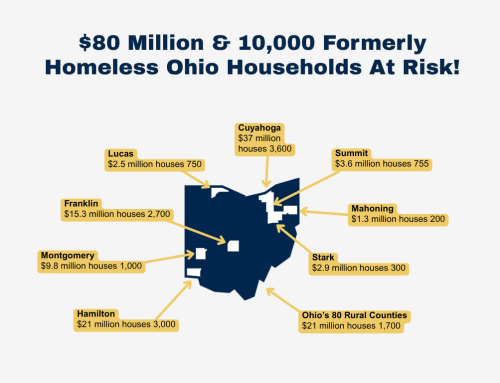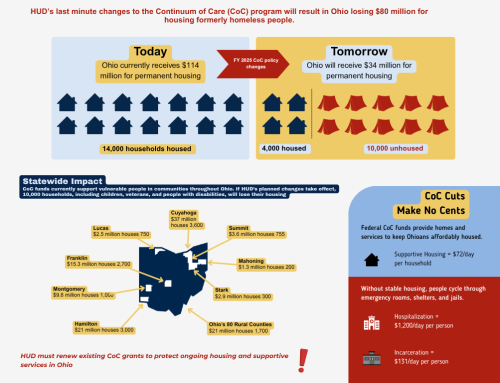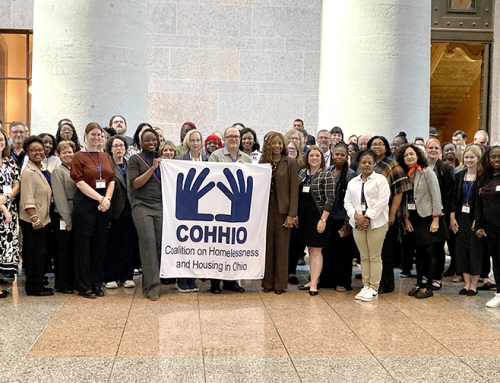COHHIO Executive Director Amy Riegel recently testified on legislation in the Ohio Senate to allow for sealing of eviction records, expand access to legal counsel for people facing eviction, and increase transparency in real property transactions (SB 245) and a bill in the House that would benefit lower income tenants and could increase the overall housing supply (HB 499). Her testimony on both measures follows.
Senate Select Committee on Housing
Amy Riegel, Executive Director
May 22, 2024
Senate Bill 245 – Proponent
Chair Reynolds, Vice Chair Johnson, Ranking Member Craig, and members of the Senate Select Committee on Housing, thank you for the opportunity to provide testimony in support of provisions of Senate Bill 245 designed to increase tenants’ housing stability.
We appreciate your leadership towards solving the affordable housing crisis in Ohio by developing policies that will expand housing access for people who are too often struggling to stay housed. We are excited to uplift your work and to support Senate Bill 245 because stable, decent, and affordable housing is the foundation for the health and well-being of all Ohio families.
Unfortunately, that foundation is under extreme stress. The average rent for a two-bedroom apartment increased by 24% in two years and renters now need to earn at least $19.09 an hour to afford a basic 2-bedroom home. Every single county in Ohio has a shortage of affordable housing, and more than 700,000 Ohioans are now spending over half of their income on rent.
So, we are especially pleased to support this bipartisan legislation, and we would like to highlight several excellent provisions of Senate Bill 245 that will help provide greater stability and equity for Ohioans who are living in unstable housing conditions.
Access to Counsel: Evictions inflict long-term damage on people. They lose their belongings and important documents, children get uprooted and often have to switch schools, families double up with other households in overcrowded conditions, parents get stressed and often lose their jobs, and people experience very high rates of depression even years after an eviction occurs. Furthermore, eviction filings make it very difficult for someone to find another home in the future, even in cases where the court ruled in their favor. Eviction is not just an outcome of poverty – it exacerbates poverty and greatly increases the chances of becoming homeless.
Legal representation in eviction courts in most communities is enormously unbalanced. Only four percent of tenants have legal representation in eviction court, while 83 percent of landlords are represented by an attorney. When tenants are represented by an attorney, they are far more likely to remain in their homes, or at least avoid having an eviction filing on their record. They are more likely get additional time to find another place to live and avoid being set out.
House Bill 245 would begin to create a more equitable playing field by expanding access to free legal representation for lower income tenants with at least one child. This provision reflects a similar program in Cleveland that has greatly reduced the number of unnecessary evictions, helped tenants address poor housing conditions, and access resources to pay back rent. Families throughout Ohio who are facing the prospects of losing their homes deserve the same access to counsel as those living in Cleveland.
Providing legal representation for tenants benefits the whole community by increasing family stability, keeping kids in school, and preventing homelessness. A recent study by The Ohio State University found a strong correlation between high eviction rates, poor maternal mental health, and high infant mortality rates.
As we consider expanding access to counsel, we would also recommend creating new models of emergency rental assistance to better prevent unnecessary evictions and homelessness. For instance, the Housing Now for Homeless Families pilot program successfully invested state TANF funding to help at-risk families with children remain stably housed while providing housing stability and other services to help overcome employment and behavioral health challenges, and domestic violence.
Eviction Records Sealing: With this bill, Chair Reynolds and Ranking Member Craig acknowledge a key distinction – an eviction case filing is not the same as an eviction judgement, but it carries the same stigma every time a tenant submits a rental application years into the future. Similar to the criminal justice sealing legislation that some of you worked on through SB 288 last General Assembly, a provision of HB 245 allows tenants get a fresh start by authorizing the sealing of eviction records.
Most landlords screen potential tenants’ rental history during the application process using third-party databases, which often include outdated and inaccurate information about applicants. Tenant screening reports do not detail why a tenant was evicted but only note that an eviction filing is present. Therefore, landlords and managers often reject tenants with an eviction filing on their record, regardless of the details of the dispute, the outcome of the case, or how long ago it occurred.
Eviction records can be sealed automatically, at the time an eviction is filed, or at the end of the process when a judgement is delivered. Yet, because third parties can access eviction records as soon as a case is filed, there is no distinction between a filing and an actual eviction. Making sure eviction records are sealed at the point of filing or giving a tenant the opportunity to file for sealing after five years will expand access to stable housing for hundreds of thousands of Ohioans.
Property Owner Transparency: The increase in institutional investors and absentee landlords is creating waves throughout our housing market, creating serious problems for lower income tenants as corporate landlords consolidate their holdings, driving up rents that many low- to middle-income income tenants can’t afford.
When a real estate transaction is taking place, Senate Bill 245 would require buyers to disclose certain information, such as identifying an individual who would be responsible for overseeing the property, before the county auditor can finalize the transfer of property. This is a good step toward closing the “LLC Loophole” that has lately beguiled many cities and tenants seeking to hold predatory real estate investors accountable.
In conclusion, consumer protections and due process for tenants will help stabilize the foundation of Ohio’s families and communities. Investing in housing unstable residents upstream will reduce public expenditures downstream in hospitals, schools, child welfare, courts, jails, and prisons.
Senate Bill 245 represents a great step forward for the State’s efforts to address some of the factors contributing to the housing affordability crisis. We look forward to working together with you to bring effective programs to scale, while developing thoughtful policies that will expand access to home for all Ohioans.
House Government Oversight Committee
Gina Wilt, Advocacy Director
May 21, 2024
House Bill 499 – Proponent
Chair Peterson, Vice Chair Thomas, Ranking Member Humphrey, and members of the Government Oversight Committee, thank you for the opportunity to provide testimony in support of House Bill 499. COHHIO is a coalition of organizations and individuals committed to ending homelessness and promoting safe, decent, accessible, and fair housing for all Ohioans. We advocate for those who need affordable housing, those living in affordable housing, and people experiencing homelessness.
We are excited to support House Bill 499 because stable housing is the foundation for the health and well-being of Ohio’s families and communities. We appreciate this bi-partisan effort to help cities address the housing affordability crisis by incentivizing policies that create housing opportunities for all people – our aging parents, our brothers and sisters with disabilities, single moms, young men reentering the community from incarceration, line chefs, factory workers, fast food workers, home health care aides, child care workers, entry level police cadets or firefighters.
About 36 percent of Ohioans rent their homes, including the more than 700,000 who spend over half of their household income on rent. Ohio has a shortage of 267,382 affordable rental units available for extremely low-income Ohioans. While much of HB 499 is more targeted toward the low- to middle-income population, this legislation does include some provisions that would benefit lower income tenants and could increase the overall housing supply to help mitigate the steep rent increases that we’ve seen over the past few years.
Ensuring safe and affordable housing for our families starts with really understanding the landscape of the housing market in your community. That includes knowing who owns the housing, which has become increasingly challenging as large institutional investors have been buying up homes throughout Ohio in recent years. The consolidation of rental housing stock reduces competition, increases rents, and often leaves tenants and city officials unable to hold negligent operators accountable.
We appreciate the inclusion of tenant protections and anti-discrimination enforcement as an eligible use for the proposed housing grants. Strong tenant protections can reduce unnecessary evictions and help tenants get a fresh start and be contributing members of Ohio’s economy. Pairing tenant protections with rental registries may also give municipalities the tools that they need to understand overall community challenges so they can make informed decisions on the big picture front, but also so they can hold negligent and absentee landlords accountable. These basic consumer protections combined with all the other pro-housing development recommendations will help give people the opportunity to participate in the American Dream.
We also support the bill’s incentives for cities to update their zoning codes, which too often prevent the development of multi-family affordable housing and require large sprawling single-family homes that are unaffordable to the majority of Ohio’s workforce.
This legislation also recognizes the connection between affordable housing and economic development. With several megaprojects in the works that will generate a lot of ancillary economic development including lower-paid service jobs, we appreciate that HB 499 addresses the fact that communities will need a range of affordable housing options. We would welcome further discussion on how JobsOhio and the state’s economic development system can help address the need to house Ohio’s diverse workforce.
Addressing housing insecurity has been shown to reduce public expenditures in hospitals, schools, child welfare, courts, jails, and prisons. We look forward to working together with you to bring this thoughtful legislation to reality and to expand access to home for all Ohioans.
